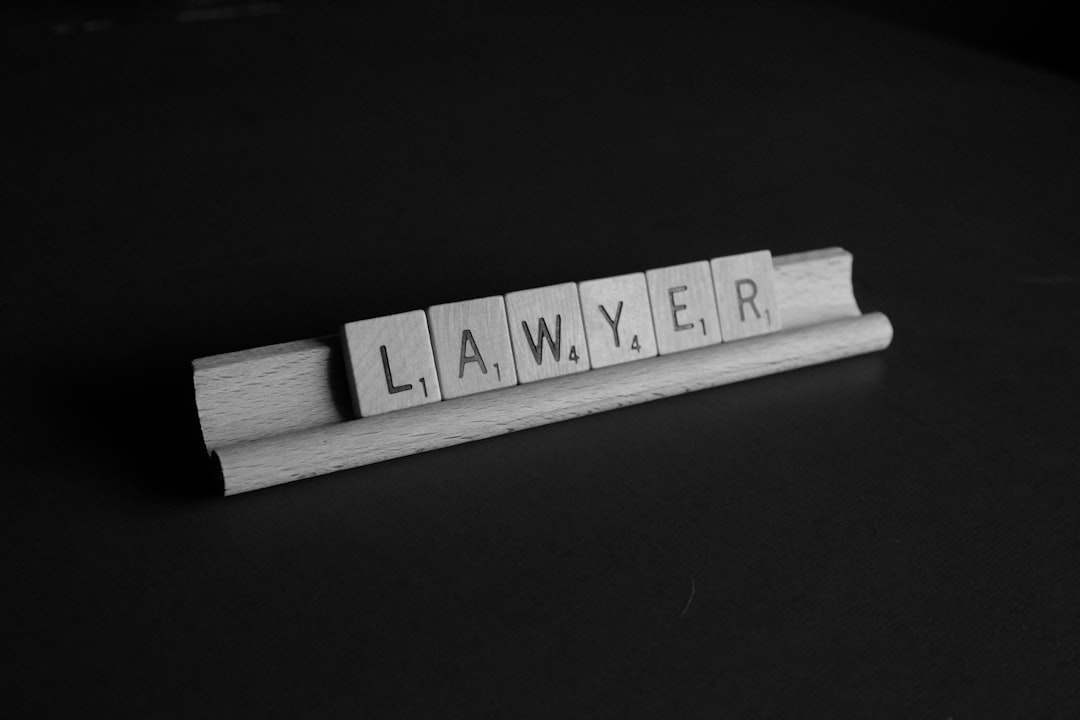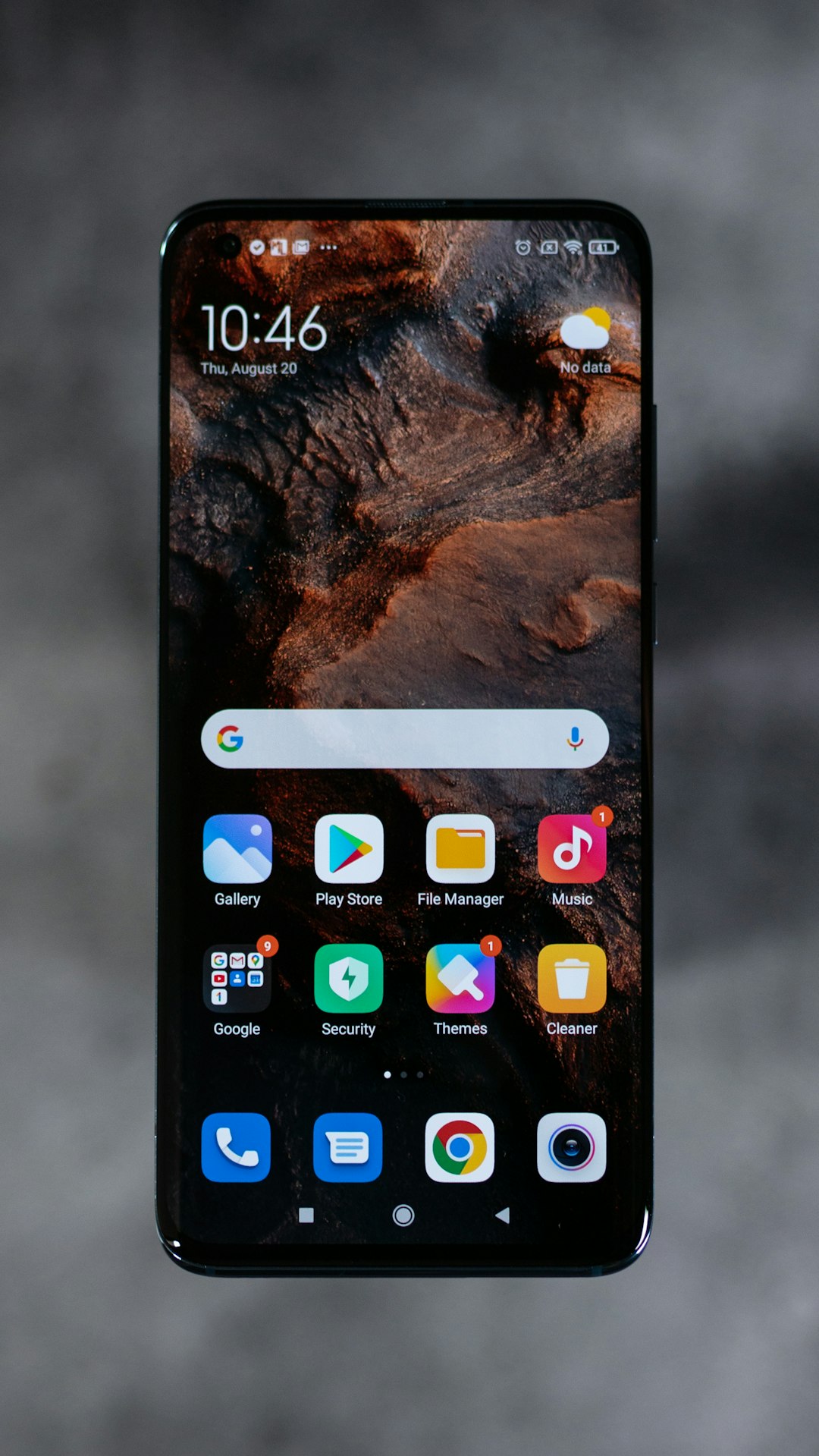Spam calls are a growing issue in Martinsburg and West Virginia, disrupting daily life and posing risks of identity theft. Federal laws like TCPA and state regulations protect residents, with Spam call lawyers West Virginia holding marketers accountable. Consumers can identify, block, and report spam using apps and document incidents for complaints or legal action. These laws deter unethical practices, and successful lawsuits against spammers set precedents. Engaging Spam call lawyers West Virginia is vital for protecting rights and creating a safer communication environment.
In Martinsburg, West Virginia, the rise of spam calls has become a growing concern for residents. This article delves into the issue, offering insights on how to hold third-party marketers accountable. We explore the legal framework governing marketing regulations in WV and strategies to identify and report unwanted phone calls. Additionally, we examine the role of consumer protection laws and present case studies showcasing successful legal actions against spammers, empowering Martinsburg residents with knowledge to combat spam call lawyers West Virginia effectively.
Understanding Spam Calls and Their Impact in Martinsburg

Spam calls, or unsolicited phone marketing, have become a prevalent issue in Martinsburg, much like other cities across West Virginia. These calls can be disruptive and invasive, often targeting residents with pre-recorded messages promoting various products and services. While some consumers find them annoying, the real concern lies in their potential to mislead and deceive. Many third-party marketers employ aggressive tactics, making it challenging for locals to differentiate legitimate business calls from fraudulent or spammy ones.
The impact of these spam calls extends beyond mere annoyance. They can lead to identity theft, financial loss, and even contribute to a general sense of unease within the community. With the rise of sophisticated technologies, scammers adapt their methods, making it harder for residents to shield themselves. As such, there’s an increased need for awareness and legal recourse, especially with the assistance of experienced Spam call lawyers West Virginia who can help hold marketers accountable for their actions.
Legal Framework for Third-Party Marketing Regulations in West Virginia

In West Virginia, the legal framework for regulating third-party marketing practices, including those involving spam calls, is established through various state and federal laws. The Telephone Consumer Protection Act (TCPA) at the federal level sets guidelines on how businesses can conduct telemarketing activities, with strict penalties for violations. This law prohibits unsolicited phone calls made using automatic dialing systems or prerecorded messages without prior express consent from recipients.
At the state level, West Virginia has its own regulations that complement the TCPA. The West Virginia Division of Financial and Commerce regulates business practices, ensuring compliance with consumer protection laws, including those related to third-party marketing. Spam call lawyers in West Virginia play a crucial role in helping consumers navigate these legal protections and holding marketers accountable for any violations, thereby fostering a fair and transparent business environment.
Strategies to Identify and Report Unwanted Phone Calls

Unwanted phone calls, often referred to as spam calls, are a significant nuisance and can be illegal in many cases. For residents of Martinsburg, West Virginia, seeking justice against persistent spammers is not only feasible but encouraged. The first step is to identify these calls accurately. One effective strategy involves reviewing call records for unfamiliar numbers or those with repetitive patterns. Any calls originating from unknown sources or displaying frequent occurrences should be flagged as potential spam.
Additionally, consumers can utilize specialized apps and services designed to block and report spam calls. These tools often provide detailed information about the callers, enabling users to identify recurring offenders. Once identified, it is crucial to document each instance, including dates, times, and any specific messages or offers made during the calls. This documentation serves as strong evidence when filing complaints with telecommunications regulators or even pursuing legal action through Spam Call Lawyers in West Virginia.
Role of Consumer Protection Laws in Holding Marketers Accountable

In Martinsburg, consumer protection laws play a pivotal role in ensuring third-party marketers adhere to ethical practices. These laws are designed to safeguard consumers from deceptive and harassing marketing tactics, including spam calls and text messages. By establishing guidelines and regulations, West Virginia’s consumer protection framework empowers residents to take action against violators. If you’ve received unwanted or fraudulent marketing communications, consulting a reputable spam call lawyer in West Virginia can provide guidance on legal options available to hold marketers accountable.
The implementation of these laws allows consumers to file complaints, leading to investigations that can result in penalties for non-compliant marketers. This not only discourages unethical behavior but also serves as a deterrent for potential offenders. Consumer protection agencies and spam call lawyers work together to ensure that businesses respect consumer rights, fostering a fair and transparent marketing environment in Martinsburg and beyond.
Case Studies: Successful Legal Actions Against Spammers

In recent years, several successful legal actions against spammers have demonstrated the effectiveness of holding third-party marketers accountable in Martinsburg, West Virginia. These cases serve as powerful deterrents, showcasing the consequences of violating consumer privacy and protection laws. For instance, a notable lawsuit was brought against a national telemarketing company for making unauthorized spam calls, resulting in substantial monetary damages and stringent injunctions.
The strategic use of legal expertise by consumers and local authorities has led to significant victories. These case studies highlight the importance of engaging Spam call lawyers West Virginia who specialize in navigating complex regulatory landscapes. By leveraging these precedents, individuals can protect their rights and set a precedent for holding spammers and third-party marketers accountable for their actions, ensuring a safer and more secure communication environment for all Martinsburg residents.






